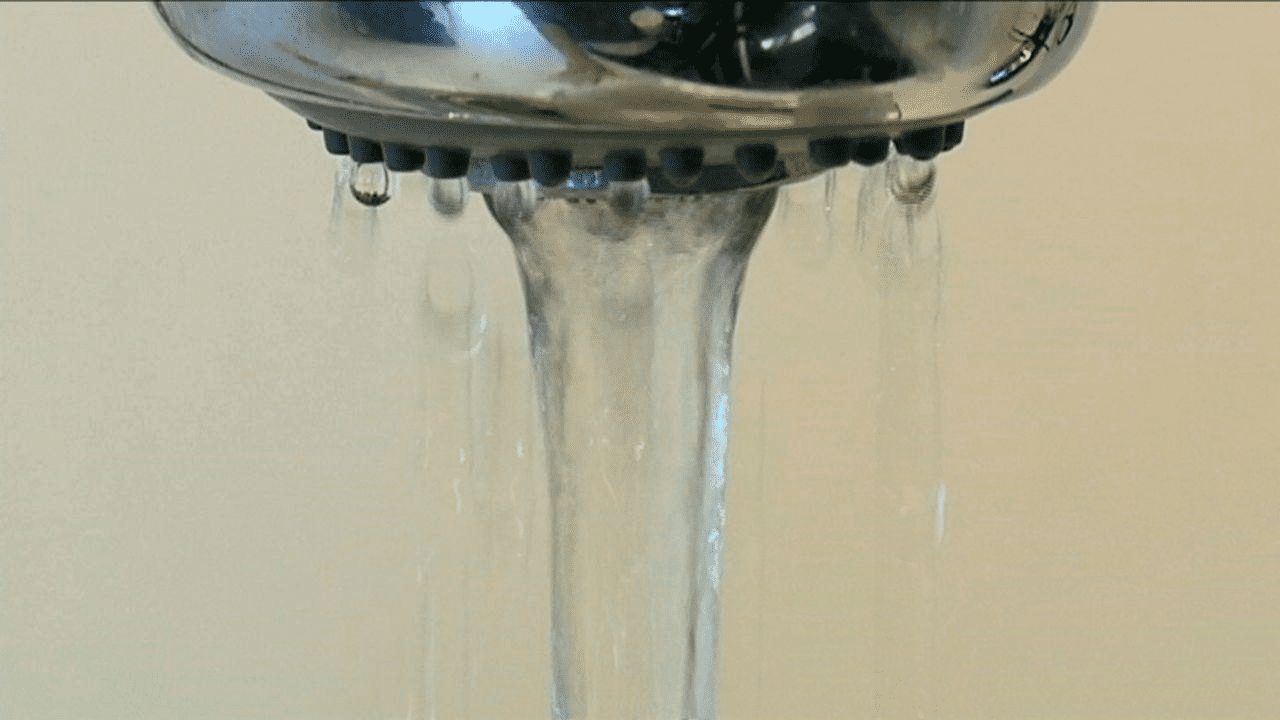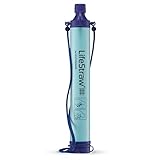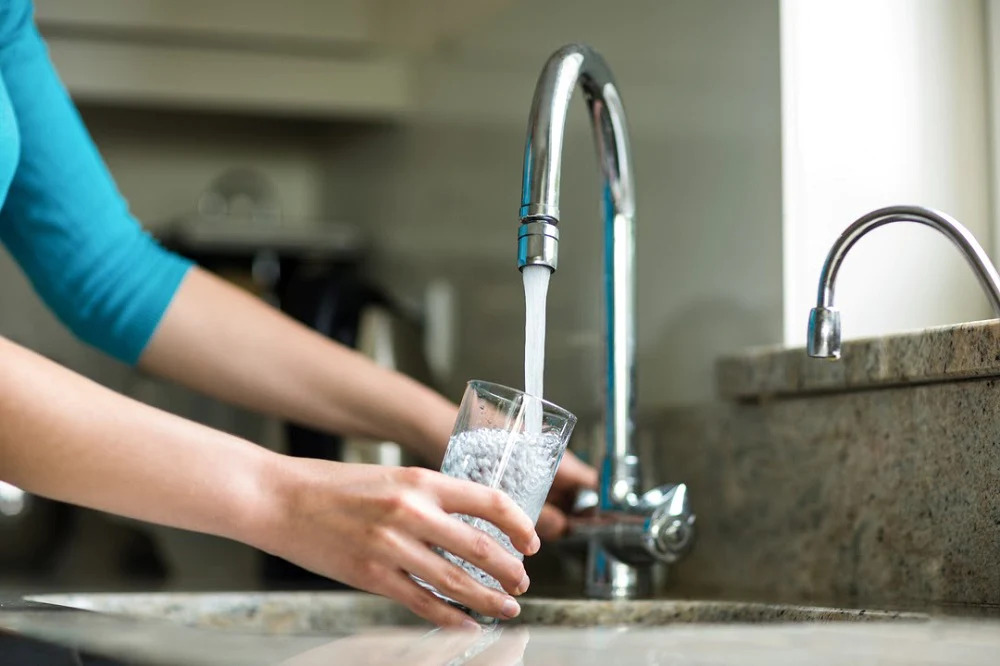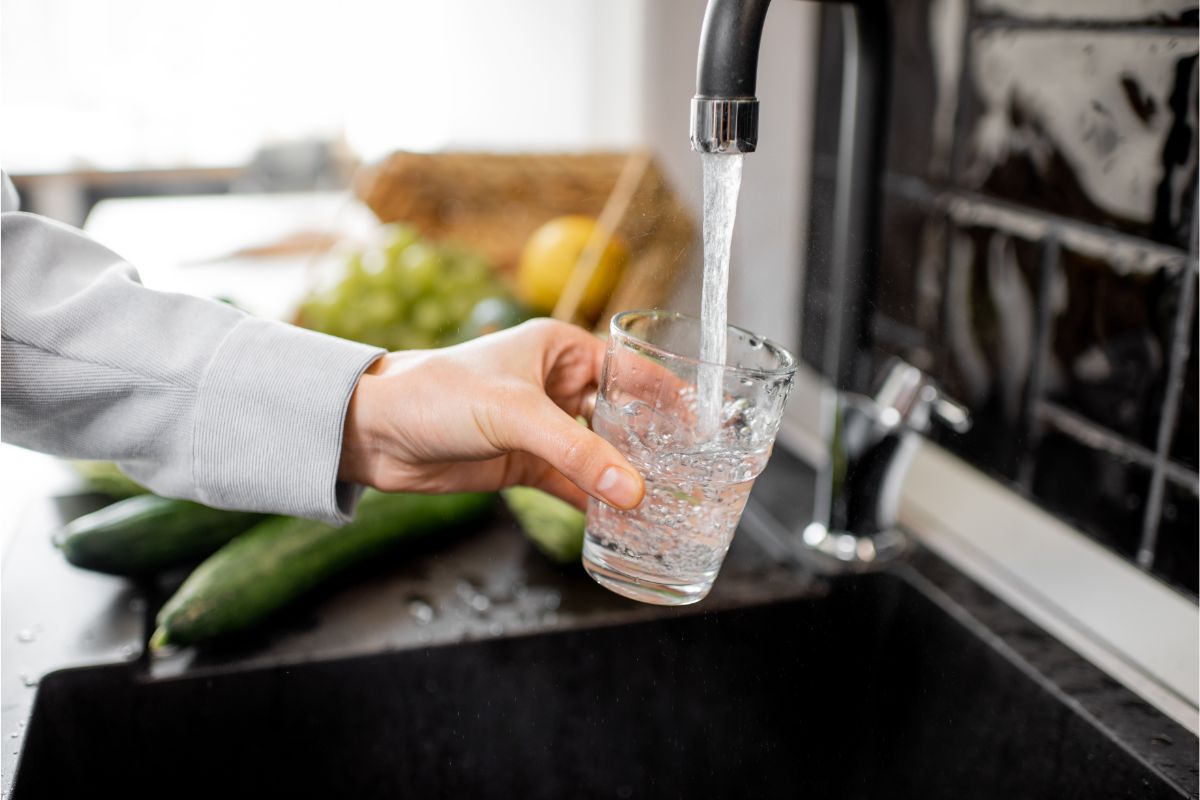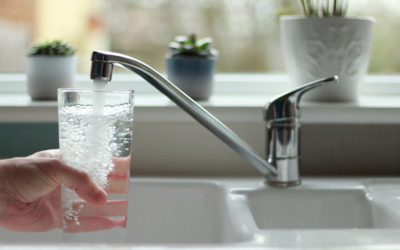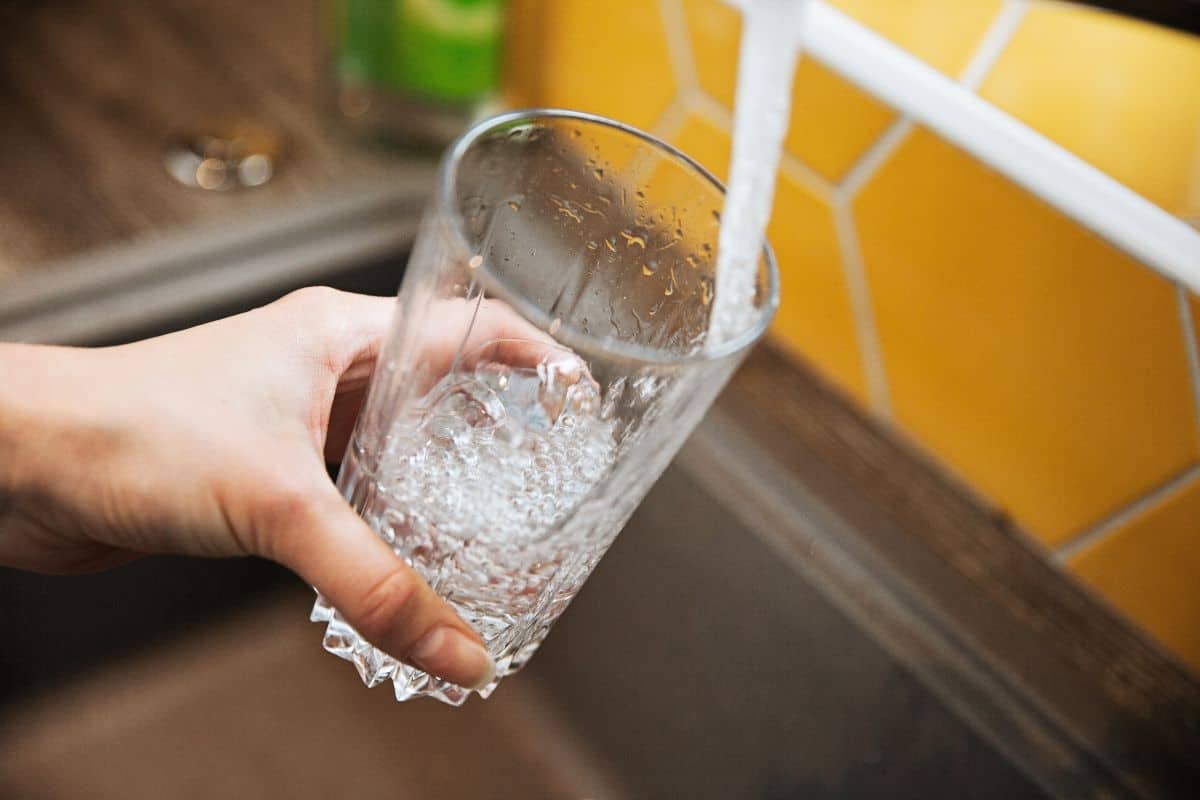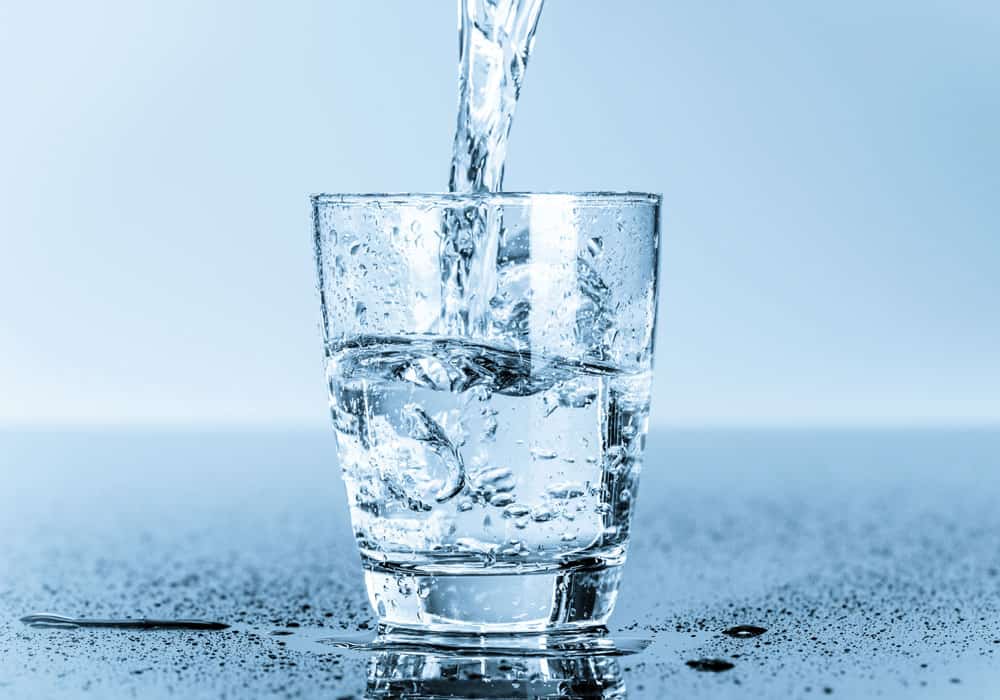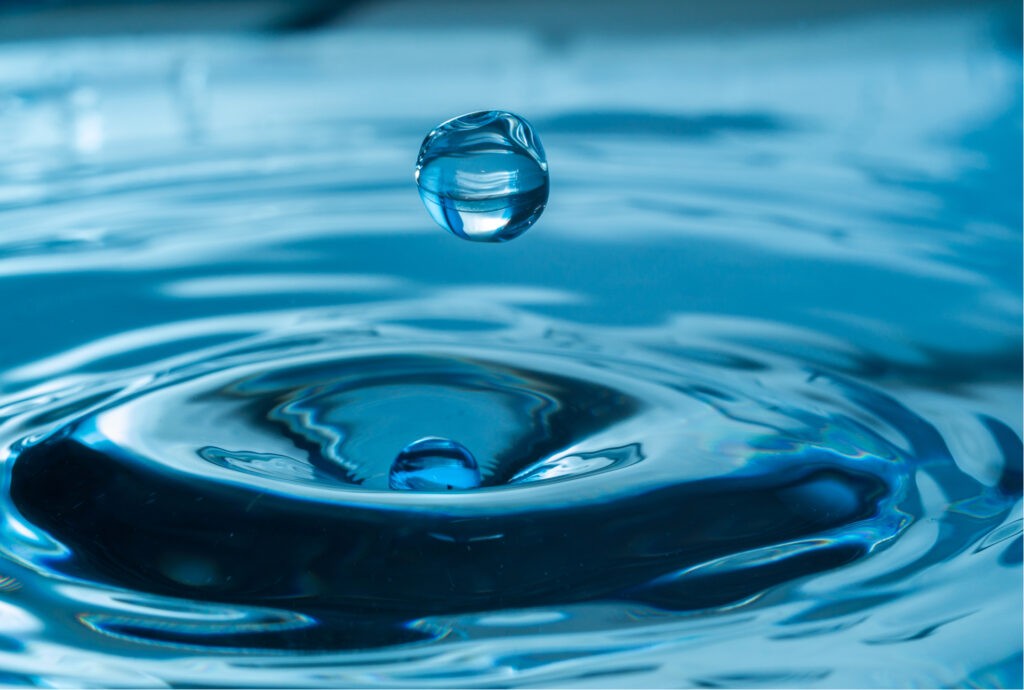New York City’s tap water quality is among the highest in the country, but what exactly is in it? According to the EWG’s Tap Water Database, the city’s water contains 14 contaminants, six of which exceed health guidelines, and eight are below them. The worst of the contaminants is total trihalomethanes, a group that includes four chemicals: bromochloromethane, dibromochloromethane, and chloroform.
Contents
NYC tap water contaminants
Lead contamination
The federal government has required that the city control corrosion and provide public health information about the dangers of lead in tap water. While the contamination has declined significantly since 1993, it is still a concern for some New Yorkers. The highest concentration of lead in tap water is found in smaller buildings and those constructed before 1961. In addition, newer residential construction is generally spared from contamination. Despite the risks, New Yorkers should be cautious and avoid drinking tap water from contaminated buildings.
To reduce your risk of lead exposure, call your local water provider. Ask your water supplier about their Consumer Confidence Report and request testing. You can also buy test kits for lead at home improvement stores and send the samples to a lab for analysis. In addition, if you think that your home water supply contains high amounts of lead, run the tap a few seconds before drinking it.
Even if there’s no visible lead contamination, always run your tap before drinking or think about installing a water filter.
Chromium contamination
The EPA released a draft analysis of the toxicity of hexavalent chromium in September 2010. In this report, the EPA highlights health effects in humans and animal studies and cites significant concerns about the carcinogenic effects of this metal. In addition to cancer, hexavalent chromium has been linked to damage to the liver, gastrointestinal tract, and lymph nodes. In 1996, the Environmental Working Group reported that tap water in Hinkley, New York, contained potentially high levels of hexavalent chromium.
Microplastics contamination
Across the world, more people are being forced to give up drinking tap water because of the high level of microplastic contamination. Researchers from Orb Media have studied the contamination of tap water in more than a dozen countries, including the United States. In an interview with the Guardian, they revealed that 83% of the samples tested showed contamination of the water with synthetic fibers.
Chlorine in NYC tap water
Recent research has revealed a high level of chlorine contamination in NYC tap water. The Environmental Working Group says the levels of eight contaminants present are cancer-enhancing. The researchers believe that more needs to be done to keep chlorine and other contaminants out of water supplies. They have created a guide to water-quality standards in NYC. Read the guide to learn more about the chemicals found in NYC tap water. The following are some common health risks of water-chlorination.
The Environmental Working Group, a nonprofit organization based in Washington, D.C., published details of toxic chemicals found in water systems across the country. The New York City water supply does not meet EPA guidelines. The Environmental Working Group found six carcinogens present in New York City tap water, despite the fact that the levels of these chemicals were below legal limits. While small amounts of contaminants are not harmful for human health, it is important to avoid these water supplies.
### Recent New York City Tap Water Quality
In recent months, New York City has faced several water quality challenges, sparking concern among residents and prompting action from local authorities. The most notable issue has been the detection of elevated levels of lead in tap water in certain neighborhoods, particularly in older buildings with aging infrastructure. This has raised public health concerns due to the potential long-term effects of lead exposure, especially in children.
Additionally, there have been isolated reports of discolored water in parts of Manhattan and Brooklyn, attributed to sediment disturbances in the pipes. While this discoloration is not considered hazardous, it has nonetheless prompted the Department of Environmental Protection (DEP) to increase monitoring efforts and reassure residents of the water's safety.
In response to these issues, the DEP has intensified its water quality testing and has been working to replace lead service lines. The city has also launched public awareness campaigns to educate residents on how to minimize lead exposure, such as by flushing taps before use and using water filters certified to remove lead.
To address these concerns, the city has committed to a long-term infrastructure plan aimed at modernizing the water supply system to prevent future occurrences of contamination and ensure the delivery of clean, safe drinking water to all residents.
New York City Water Quality Concerns: Lead Found in Some Neighborhoods
https://www.nbcnewyork.com/news/local/new-york-city-water-quality-concerns-lead-found-in-some-neighborhoods/0000000/
Lead in New York City Tap Water: What You Need to Know
https://www.nytimes.com/2023/08/15/nyregion/lead-in-new-york-city-tap-water.html
NYC Water Department Addresses Discolored Water Reports
https://www.gothamist.com/news/nyc-water-department-addresses-discolored-water-reports
Fluoride in NYC tap water
Fluoride is found in many cities, but is it dangerous? New York has been fluoridated for decades, and the resulting water standard is 4 ppm. However, there is no health guideline stating how much fluoride is safe for human consumption, and many people are unsure of the long-term effects of drinking water containing fluoride. Fluoride naturally occurs in groundwater and surface water, and many water systems add it to their drinking water. But fluoridation is a supplemental treatment that is not derived from natural sources, and the main chemicals used in fluoridation are silicofluorides, which are phosphate fertilizer industry byproducts.
Where does NYC get its water?
The tap water of New York City is known as the champagne of water, thanks to the treatment methods that have been used for decades. The water that is available to residents in the Big Apple comes from three major sources outside of the city. These sources are limestone and groundwater, and they are naturally balanced at pH 7.2, which makes them excellent for drinking.
The Catskill & Delaware watershed is about 125 miles north of NYC and supplies the majority of the city’s water supply. The remainder comes from the Croton watershed. The watersheds catchment area is over a million acres of publicly and privately owned land. It is highly regulated to prevent contaminants from entering the water.
Should you filter NYC tap water?
Despite the precautions taken by the state, bottled water is still a popular option. However, regulations surrounding bottled water are not as stringent as those that govern public water sources. That’s not the only concern though. Bottled water is notorious for single-use plastics that pollute the environment and can end up back in our tap water as microplastics. You should avoid bottled water where possible and use a refillable bottle instead when on the move to save money and the planet.
NYC tap water is tested hundreds of times a day and is safe to drink. That being said, many people are conscious of tap water quality. There are a lot of old pipes in streets and buildings that may introduce lead and other metals into your tap water. Then there are other chemicals and microplastics we’ve discussed that are a concern.
What’s the answer? Fortunately, there are readily available water filters that remove all pollutants from NYC tap water. The most affordable and effective of these systems is a Reverse Osmosis (RO) Water Filtration System In NYC. These systems are easily installed under the sink by a local NYC plumber, and a range of portable water filters are available on the market.
